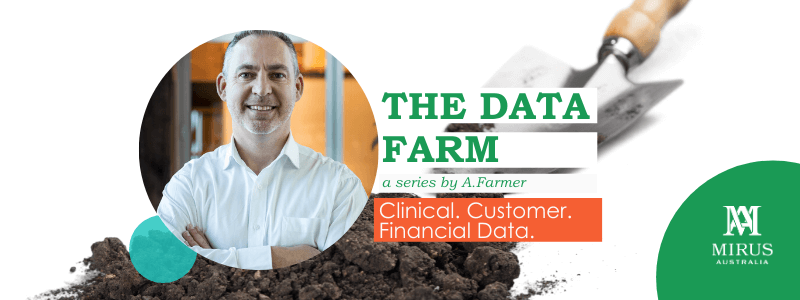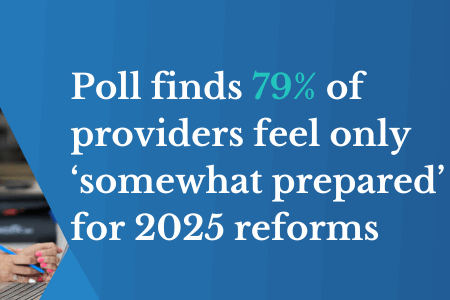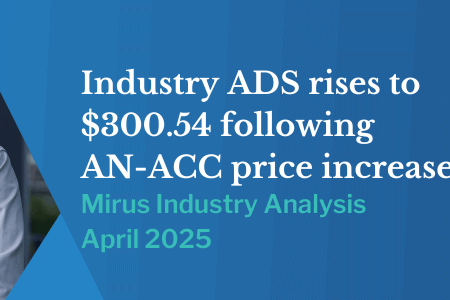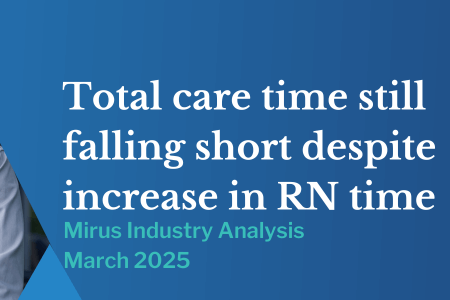The Data Farm Series with A Farmer: Clinical. Customer. Financial Data
April 15, 2020 | Aged Care Management

“I have been fascinated by the interest, impact and importance of data. Around the world.
There is a recognised cliché in scientific circles which says “In God we trust, others must provide data.” Our world’s governments and organisations such as the World Health Organisation have been desperate to gather data, analyse and model it in the hope of finding answers or at least to support their decision making and preferably in real-time.” A Farmer, The Data Farm Series.
This is the 2nd post from The Data Farm Series.
In the first instalment, we talked about the importance of building activities into systems and structuring the data well in order to produce the reporting (insights) the business needs.
For the purposes of the presentation I recently gave at ITAC2020 I have simplified aged care data into three (3) core types:
(1) Clinical Data
(2) Customer Data and
(3) Financial Data
Let’s start with Clinical Data.
The trajectory of eHealth records, monitoring equipment and diagnostics is developing rapidly across all health-related industries. The progress in Aged Care industry has not been as quick but there has been an increase in the technologies and innovative thinking being applied to our current challenges. Equally, monitoring in the home is also on the rise and every new technology brings with it the potential to capture and use more data.
The clinical systems used in Aged Care and the data they collect is not a core focus of Mirus Australia. However, due to the obvious importance of clinical data we integrate and work with many clinical specific systems. Care management is a priority of our industry – as it should be. A significant investment of funding and time ensures the amount and accuracy of the data is always improving. New technology continues to drive the efficiency of these systems so that more data can be captured in real-time and with even greater accuracy and detail.
There are two key observations to make about the clinical data being captured across the Aged Care industry.
The first – the future looks very interesting in this space! There is potential to use the large amounts of data being captured by care systems and monitoring devices to achieve two valuable outcomes. At a macro level, we can use the data to better understand trends and patterns in care needs, which could inform therapeutics and policy, as an example. At a more micro level, the data may inform predictive diagnostics. Using data to predict care needs for individuals has the potential to both increase the quality of care by delivering when required but also reducing the cost of care by reducing redundant checks or activities.
The second observation relates to an interesting article on Big data in health care.
In this article the authors discuss the importance of understanding the limitations that any specific system and its data has of creating specific insights.
In a similar way to the activities>systems>data> reporting concept discussed in the first instalment of this series, any system that is designed for a specific purpose will collect data and provide insight in line with that purpose. So what about the main clinical systems in Aged Care? The medication systems are designed to be an inventory management tool. The insights the data in that system will be aligned with, are you guessed it – inventory insights. In a similar way, even a care management system that is seemingly used for managing care, is quite often tailored to capturing the required information to comply with and facilitate ACFI funding requirements.
Will the insight the data in this system provide be more aligned with funding trends rather than clinical ones? Connect with Andrew Farmer, Chief Executive Officer Mirus Australia on LinkedIn who is an expert in managing transformation and technology projects in Australia and Internationally for the past 20 years – to continue this conversation.
Change may suck, so we’re not going anywhere. To find out how we can make a difference please contact us here.
- Reference: Big data in healthcare – the promises, challenges and opportunities from a research perspective: A case study with a model database Mohammad Adibuzzaman, PhD,1 Poching DeLaurentis, PhD,1 Jennifer Hill, MSc,1 and Brian D. Benneyworth, MD, MS2


